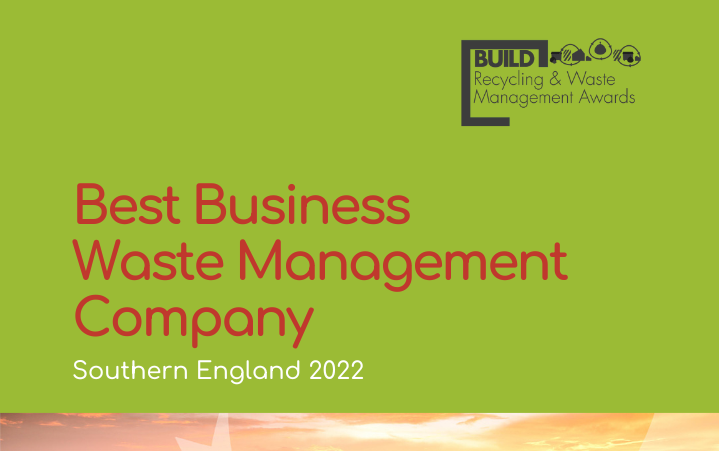Nov Update : Disposing of waste wood from older buildings
Disposing of waste wood from older buildings?
On 2 November 2023 the Government released a further update on regulations that concern disposing of waste wood from older buildings by issuing a Regulatory Position Statement RPS291. This largely replaces the regulatory position statement RPS 250 which was withdrawn on the 31 August 2023. It applies to hazardous waste wood removed from domestic premises, demolition sites and other business premises that were built prior to 2007.
What is affected
Hazardous wood is any wood prior to 2007 that has been treated with creosote or paint including varnish, stain or preservative containing copper, chrome or arsenic (CCA). These were common ingredients in preservatives from the 1950’s to 1995. From 1995 the presence of hazardous waste within timber is very much reduced and in some situations is non existent. According to the Wood Recyclers Association hazardous wood from before 2007 accounts for less than 1% of all construction and demolition timber.
RPS291 allows for the most common forms of wooden construction waste to be classified as Amber and to be mixed with non hazardous wood for the present time. RPS291 classifies a number of specific forms of wood based on treatments that were commonly used internally as opposed to externally.

ONLY these wood types as specified may be mixed with non hazardous, moved with non hazardous under a waste transfer note and processed as non hazardous.
Examples of the type of wood covered under RPS291

All other Timber from buildings prior to 2007 must be treated as hazardous.
Quarterly Testing
If you are a producer of Amber classified wood waste then there is an obligation to test this Amber wood waste on at least a quarterly basis and report the results. We can help you with this process. RPS 291 is a provisional position to allow further data to be collected. The regulation states that failure to comply with testing may result in the withdrawal of this RPS.
If you believe that you may be impacted by this change in regulation do please get in touch with us at Red Kite Recycling and we can help you with your site waste plan. Managing construction waste is one of our services.
Telephone : 0333 8803358
Email : Jolyon.Roe@RedKiteRecycling.com






